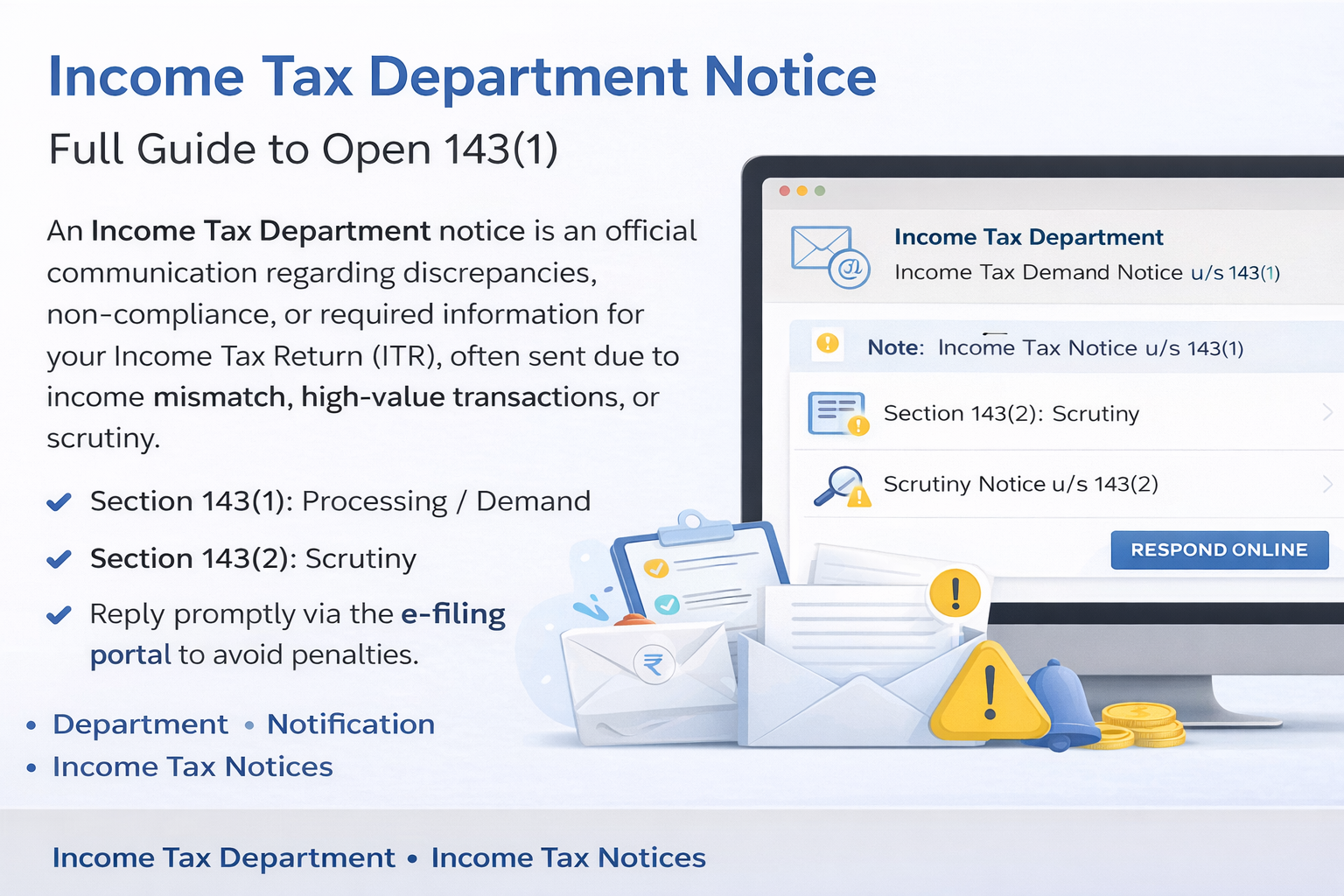
What is Meant by LLP? Meaning, Structure, and Benefits Explained
Choosing the right business structure is a critical decision for every entrepreneur. In India, one such flexible and legally secure structure is the LLP — or Limited Liability Partnership. But what is meant by LLP, and how does it work?
In this blog, we’ll break down the meaning of LLP, how it differs from other entities, and why it has become a preferred choice for startups, professionals, and small businesses.
📌 What is Meant by LLP?
LLP stands for Limited Liability Partnership. It is a hybrid business structure that combines the features of a traditional partnership firm and a private limited company.
An LLP is a separate legal entity from its partners and provides limited liability protection, which means the personal assets of the partners are not at risk for the debts or legal obligations of the business.
Introduced in India under the Limited Liability Partnership Act, 2008, this structure is ideal for businesses that want operational flexibility without compromising on legal protection.
⚖️ Key Features of LLP
Understanding the core features of LLP helps clarify its meaning and practical utility.
1. 🔐 Limited Liability of Partners
The biggest advantage of LLP is that the liability of each partner is limited to their capital contribution. This protects personal assets from business losses or lawsuits.
2. 🏢 Separate Legal Identity
An LLP can own property, open bank accounts, sue or be sued in its name. It has a legal identity independent of its partners.
3. 📄 LLP Agreement
The mutual rights and duties of partners are defined by a written agreement known as the LLP Agreement. It governs profit-sharing, roles, and decision-making procedures.
4. 🔁 Perpetual Succession
Like companies, an LLP enjoys perpetual existence. It continues even if one or more partners leave, resign, or pass away.
5. 📊 No Minimum Capital Requirement
You can start an LLP with any amount of capital. There is no minimum capital contribution required by law.
🧾 What Are the Requirements to Form an LLP?
To form an LLP in India, the following are required:
• Minimum 2 partners (at least one must be a resident of India)
• Designated Partner Identification Number (DPIN) for designated partners
• Digital Signature Certificate (DSC) for electronic filings
• A unique LLP name approved by the Ministry of Corporate Affairs (MCA)
• A registered office address in India
• A legally executed LLP Agreement between the partners
The LLP must be registered with the Registrar of Companies (RoC) through the MCA portal.
💼 Who Should Choose LLP?
LLPs are best suited for:
• Professionals such as chartered accountants, architects, doctors, or lawyers
• Small businesses or service firms
• Startups that don’t plan to raise equity capital through shares
• Family-run businesses seeking low compliance and legal protection
📋 LLP vs Other Business Structures
| Feature | LLP | Partnership Firm | Private Limited Company |
| Legal Status | Separate legal entity | No separate identity | Separate legal entity |
| Liability | Limited | Unlimited | Limited |
| Ownership Transfer | Restricted | Difficult | Easier (through shares) |
| Registration | Mandatory | Optional | Mandatory |
| Compliance | Moderate | Low | High |
🏁 Conclusion
A Limited Liability Partnership is a modern, legally recognized business structure that offers the best of both worlds — the simplicity of a partnership and the legal protection of a company. It is a great option for businesses looking to operate in a low-risk, low-compliance, and cost-effective manner.
If you're planning to start a professional service, small business, or a family venture, an LLP can be your ideal business foundation.










